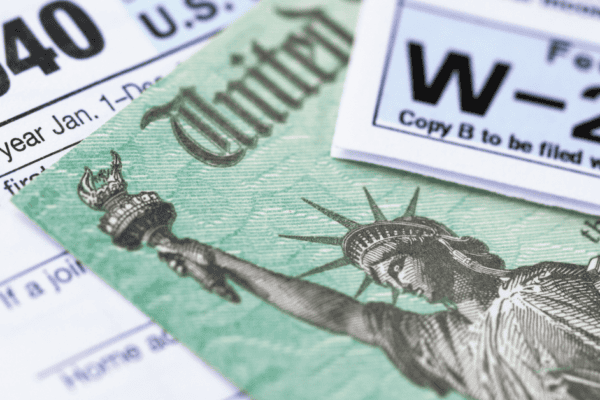I’m not a big poker player, but it is hard to deny the similarity between great poker players and great investors. As I read this article on Annie Duke, an accomplished poker player, the connection was quickly evident. Poker is all about consistently making great decisions. Winning is a byproduct of that decision-making. It doesn’t happen every time, but you can tilt the probabilities in your favor. In a similar vein, our core purpose is “To improve lives by helping people make better decisions for themselves and those who depend on them.” As Ms. Duke explained her process for making smarter decisions, I found myself nodding my head on the applicability for investors:
- Think About Probability– in Texas No-Limit Hold’Em, you are given two cards down, and every player shares 5 cards face-up on the board. Anyone who has watched this on TV knows how crazy the betting can be when someone goes “all-in.” But if you have watched enough rounds of poker, you’ll find that the person who starts with the best hand loses many times. Does that mean they made a bad decision? Not at all. Understanding that outcomes are probabilities and not guarantees are essential in poker and investing. So what are ways to improve your probability of success when investing? Focus on low costs, have a healthy weighting to equities, tilt your portfolio towards small and value companies, and diversify your holdings. None of these guarantee success, but they vastly improve your probabilities.
- Embrace Uncertainty– poker players know there will be many losing hands they’ll have to deal with. Investors experience the same phenomenon. Whether it be specific investments or time periods in the market, the only thing you can count on is uncertainty. If you expect that uncertainty, you are less likely to make rash decisions when investing.
- Find a Decision Group– Ms. Duke says it well, “We are limited in our ability to spot and address our own cognitive biases in decision making, so we need other people to help us out.” What type of cognitive biases do we see with investors? There are many but here are just a few.
- Confirmation bias states that we tend to look for news and information that supports our current viewpoint.
- Overconfidence tends to happen when you believe your skills are causing your outperformance versus others (most likely, it is just luck).
- Loss aversion is when we hold on to losing investments because we hope to make it someday back, even though there are better alternatives for reinvestment if you sold.
Ms. Duke recommends having a group of people who can counsel you or call out your biases when they see them. A good financial advisor can serve in this role for investors.
While it may seem like I am comparing investing to gambling, that is not the point of this article. With most gambling, the odds are against you. Most of us have heard the very true statement that if you gamble long enough, “the house always wins.” Investors, if they can make consistently good decisions, can actually be the “house.”



